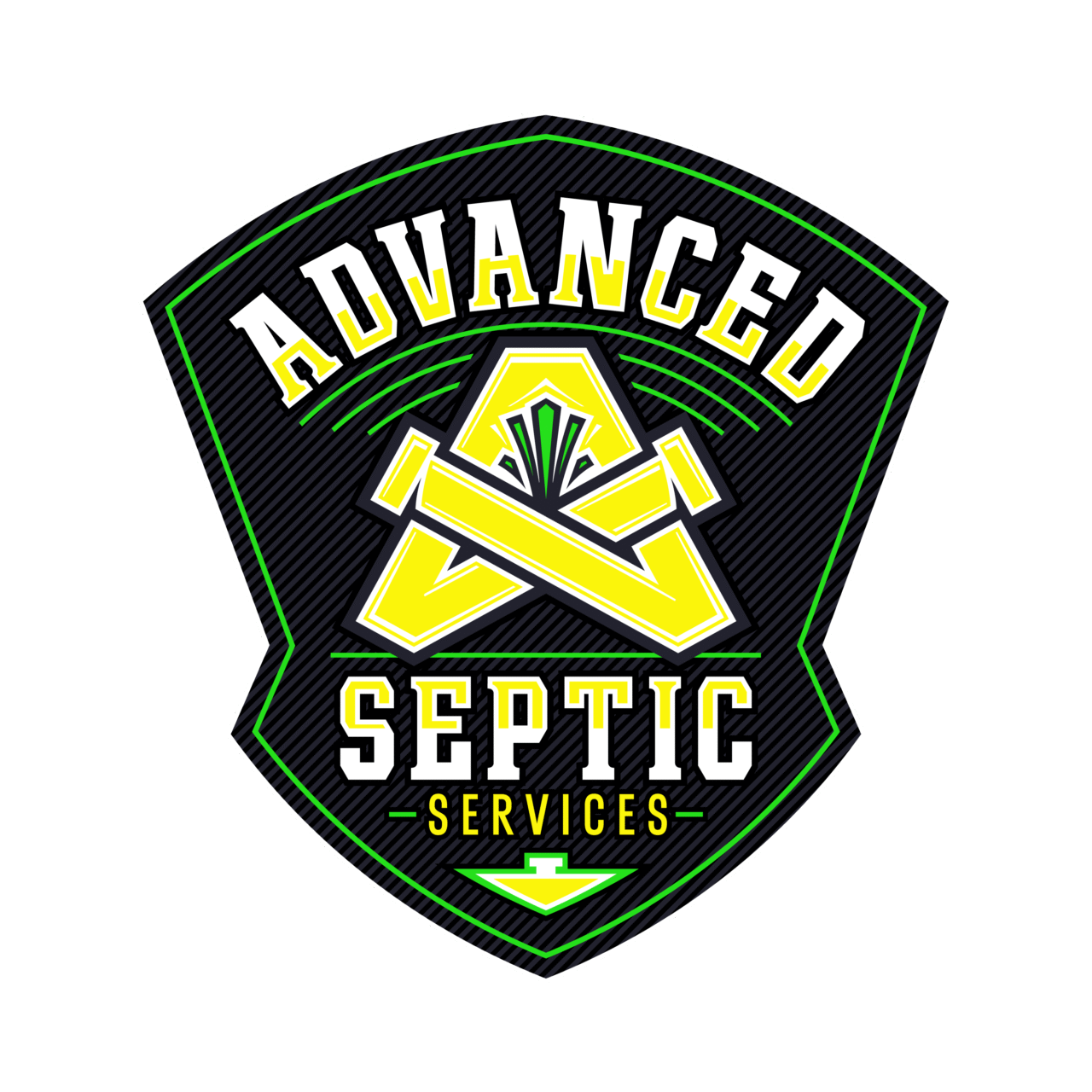A certified septic tank inspection is more than just a quick check—it’s a licensed evaluation that confirms your system is safe, compliant, and functioning as it should. Unlike routine visual checks, certified septic inspections follow strict standards, providing homeowners with a clear picture of system health and potential risks.
Whether you’re buying or selling a home, maintaining property value, or meeting local regulations, a septic system certification gives you peace of mind and prevents costly surprises. By hiring licensed experts, you can trust that your certified septic tank will be inspected thoroughly, ensuring long-term protection for your home and the environment.
Read More: 2 Compartment Septic Tank: How They Work and Why They’re Used
What Is a Certified Septic Tank Inspection?
A certified septic tank inspection means more than checking for leaks—it’s a licensed expert evaluating your entire system, from the certified septic tank to the drain field. This type of inspection provides real insight, confirming your system meets health standards and offers reliable performance. Think of it as a detailed report card, not just a quick look.
These official septic certifications ensure your system is safe, environmentally compliant, and up to code—especially useful when buying or selling a home.
Why Choose Certified Septic Inspections?
Choosing a certified septic tank inspection means getting more than a quick glance—you’re investing in professional peace of mind.
- Expertise you can trust
Certified inspectors are trained and licensed to find hidden problems before they become disasters. They use cameras and special tools to spot clogs, cracks, or root damage. This precision saves you money by avoiding unnecessary repairs. - Meets local rules and protects your investment
Many home sales require septic certification to meet code. A certified inspection helps you stay compliant and prevents issues during closings. - Undetected problems don’t stand a chance
A detailed inspection catches early-stage issues, like baffle damage or a clogged drainfield, before they turn into costly headaches.

What Happens During an Inspection?
Types of Inspection
- Visual Inspection
Think of it as a quick “check-in.” An inspector checks how everything flushes and whether there’s standing water near the drain field. Easy, fast—but not deep. - Full Inspection
This is the more thorough option. The system gets pumped, inspected from inside, tested for flow, and checked for any hidden issues. It costs a bit more but gives you real peace of mind.
Inspection Steps
- Locate and open the system
Using plans or locators, the inspector finds your certified septic tank and opens it carefully. - Check for damage, leaks, or sludge buildup
They’ll measure scum and sludge levels (often with a “sludge judge”) and look for cracks, worn baffles, and leaks. - Test system response
Inspectors may run a dye or load test to see how wastewater flows through the system and identify hidden issues. - Provide a detailed report and recommendation
After checking everything—from the certified septic tank to the drainfield—you’ll get a complete overview, including repairs or performance tips.
Certified vs. Non-Certified Inspection
Certified Inspection
A certified septic tank inspection is a full, licensed evaluation, meaning it covers everything—tank, baffles, pipes, and the drain field. Certified inspectors are trained to spot hidden issues and use modern tools like cameras and sensors to inspect safely and accurately.
Certified inspections give you official septic system certification, which can be crucial for real estate, insurance, or regulatory compliance.
Non-Certified or Visual Checks
A non-certified or visual inspection is more of a quick glance—checking surface-level signs like backups or odors. While it may offer a quick snapshot, it often misses deeper problems in your system’s components or drain field.
Why It’s a Big Deal
| Reason | Certified Inspection Benefits |
| Correct Diagnosis | Licensed pros spot issues early using advanced tools. |
| Official Documentation | You get a recognized report for transactions, compliance, or insurance. |
| Safe & Thorough | Helps avoid surprise repairs—providing peace of mind for homeowners and buyers. |
Whether you’re buying, selling, or just ensuring your home’s septic system is solid—getting a Certified Septic Tank Inspection ensures you’re covered.
When to Get a Certified Septic Inspection
Ever wondered when it’s time to call in the pros for a certified septic tank inspection? Here’s a homeowner-friendly guide:
- Before buying or selling a property with a septic system
A professional inspection helps ensure everything’s in working order and supports smooth real estate transactions. - When warning signs appear
Notice soggy spots in your yard, persistent foul odors, or slow drains? These could signal that it’s time for a full certified exam. - During system upgrades or as the system ages
Older systems or recent upgrades, like a new pump or tank, are great reasons to schedule a septic system certification to verify everything works right.

A certified septic tank inspection is your best use of licensed expertise to ensure system safety, code compliance, and peace of mind. It protects your investment, prevents surprise failures, and gives your home the reliable performance it needs.
Protect your home and property value. Contact Advanced Septic Services today at 780-691-0588 or visit advancedsepticservices.ca to schedule your certified septic tank inspection and gain real peace of mind
FAQs About Certified Septic Tank Inspections
Q1: What is a Certified Septic Tank Inspection?
A certified septic tank inspection is a professional assessment by a licensed expert. It evaluates the tank, drain field, and system components to ensure safety, compliance, and long-term performance.
Q2: Why do I need a certified septic inspection instead of a regular check?
Certified septic inspections provide detailed reports that meet state and local regulations. Unlike basic checks, they confirm septic system certification for property sales, insurance, or compliance requirements.
Q3: How often should I schedule a septic certification?
Most experts recommend a certified septic tank inspection every 3–5 years. If you’re buying or selling a home, local rules often require septic system certification before closing.
Q4: What happens during a certified septic inspection?
Licensed inspectors locate and uncover your septic tank, check for cracks, leaks, or buildup, test system flow, and assess drain field health. You’ll receive a detailed inspection report with recommendations.
Q5: Who can perform a certified septic inspection?
Only licensed professionals can issue a certified septic tank report. These experts have the training and certifications needed to provide valid septic system certification.
Q6: How much does a certified septic tank inspection cost?
Costs vary by location and system size, but typically range between $300–$800. While it may seem like an investment, septic certification often prevents far costlier repairs.
Q7: Do I need septic certification when selling my house?
Yes, in many regions a certified septic tank inspection is legally required during real estate transactions. It ensures buyers, sellers, and lenders that the system is safe and compliant.
Q8: What are the signs I should book an inspection right away?
Schedule a certified septic inspection if you notice foul odors, sewage backups, soggy grass near the drain field, or unusually slow drains. These could indicate hidden system failures.

